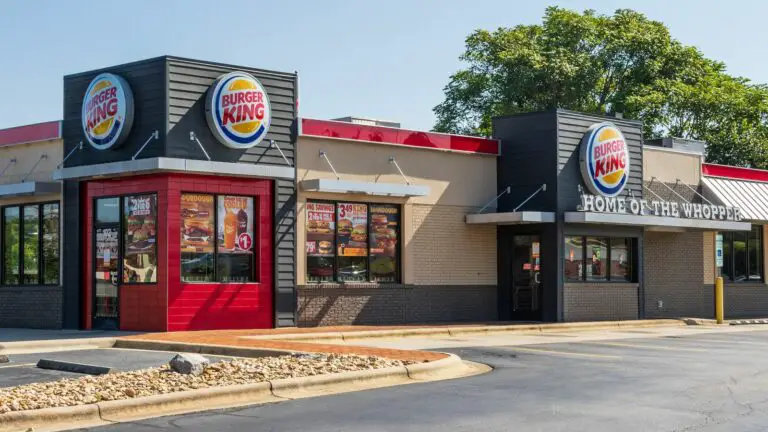Burger King Faces Court Battle Over Whopper Size Claims
Burger King is headed to court after a US judge ruled against the fast food giant’s attempt to dismiss a case alleging that their famous Whopper burgers are smaller than they appear on the menu boards in their stores.
The judge rejected Burger King’s bid to have the case thrown out, allowing a proposed class action lawsuit to move forward. The lawsuit accuses the company of misleading its customers, essentially breaking its promise to them.
Customers involved in the case argue that the advertisements create a false impression of the Whopper’s size and ingredients. The ads, they claim, suggest that the burgers are much larger than they actually are, with more meat overflowing from the bun. In reality, they say, the burgers are around 35% smaller and contain significantly less meat.
Burger King’s response to the accusations is that their burgers don’t have to look “exactly like the picture.” However, US District Judge Roy Altman stated that it’s the responsibility of the jurors to determine what a reasonable person would think.
A representative from Burger King emphasized that the claims made by the plaintiffs are not true. They stated that the flame-grilled beef patties shown in their advertisements are the same ones used in the millions of Whopper sandwiches served across the nation.
The lawsuit was initiated by Anthony Russo, a lawyer from South Florida. He alleges that Burger King started exaggerating the size of its burgers in images around September 2017, departing from their previous more accurate advertising.
The case also references complaints from various YouTube food critics and Twitter users who expressed dissatisfaction with the actual size of their orders.
This isn’t the first time Burger King has faced accusations of inflating the appearance of their food in ads. In 2011, the UK’s advertising authority upheld complaints that the actual burgers were notably smaller and thinner than depicted in advertisements.
The lawsuit aims to be a class action, which means it represents a group of plaintiffs. The plaintiffs are seeking both monetary compensation and a court order that would force Burger King to stop what they see as deceptive practices.
Although claims that Burger King’s TV and online ads were also misleading were dismissed by Judge Altman, this ruling might have an impact on similar lawsuits against McDonald’s and Wendy’s in New York. A lawyer representing plaintiffs in those cases is using Judge Altman’s opinion to support the continuation of those cases.
In a separate incident, Taco Bell, a part of Yum Brands, faced legal action last month for allegedly selling products with significantly less filling than advertised. The lawsuits in that case are each seeking damages of $5 million (£4 million).


